Like nothing I have ever experienced before, Kapnikos is, to me, one of kind and completely unimaginable in the UK. The social pharmacy was established four years ago by a group of volunteers and to this day employs no paid member of staff. It responds to a critical lack of medical provision or available healthcare for the Greek population, brought on by the economic crisis and sustained by the ineffectiveness of the bailouts. In July 2011 changes were made to the Greek healthcare system as part of the austerity measures which legislated that Greeks unemployed for more than one year lost their entitlement to national health insurance and were forced to pay for all treatments. In an effort to tackle this problem, the local community gathered together to establish the pharmacy, which receives donated medication from all over the world from pharmaceutical companies, NGOS and individuals. All medication is distributed free of charge to whoever requires medical support. As well as assisting individuals, medication and basic supplies are also distributed to local hospitals. No money exchanges hands thus building work, decoration and the work within the pharmacy itself is all done by volunteers. Individuals can work for 8 hours a month in exchange for 35 kilos of basic food; pasta, rice, tinned goods.
Responding to the need of the local community, the creation of Kapnikos reveals the devastating effect of the economic crisis on Greek families but also the proactive generosity of grassroots Greek organisations. The pharmacy has supported 500 local Greek families over the last five years and now with support will be supporting a population of approximately 6000. There are constantly volunteers pottering around the garden and the gate is always open. Every Monday, Wednesday and Friday between 6-9pm, locals queue up and mill around awaiting their weekly, monthly or one off prescriptions. Anyone is welcome and whilst for the last four years the pharmacy has largely catered to Greek locals, the ethos that services are provided for anyone in need has led to refugees inevitably coming under its remit. RefuAid is supporting the pharmacy through this step-change in provision, financially enabling the renovation of a new, larger pharmacy space and with consistent volunteers assisting in sorting, organising and stocking medication in the pharmacy. Working alongside the local community to encourage the expansion of an integrative approach.
Last year when several hundred refugees were stranded in buses on a nearby motorway in limbo between two separate camps, the local community made a call out to its bank of local community volunteers for support. Within an hour, hundreds of bottles of water, food and basic provisions were distributed to the refugees and ever since, there has been a conscious effort to take this new population under Kapnikos' wing. With four refugee camps springing up around Katerini and an increasing demand on the local hospital, the pharmacy's services are constantly expanding but it is not without its difficulties. A prescription is needed to access medication, something not readily available due to the irregularity with which suitable doctors visit the refugee camps and the isolated nature of the camps themselves, which restricts easy access to the hospital. Whilst progress feels slow, it is evident. Several chronic cases in the nearby camps are being attended to by Kapnikos pharmacists and awareness of its activities are spreading. On pharmacy days, you can spot workers nipping in and out of the pharmacy in various vests, collecting medication for distribution to camps round the region.
Over the last few weeks I have grown to understand the need and benefit of social pharmacies, but nothing in my time here made clearer importance of this project as this morning, when I headed to the local hospital with a fellow volunteer to get her booster Hepititis A&B vaccination. Doctors in Iceland had assured her it would be readily available in Greece, it is in Europe after all! I would not have doubted it myself four weeks ago. The hospital did not have the medication. Driving home, a local community member revealed the scale of deprivation in healthcare. "There are no doctors, no nurses" he tells me. "Doctors have left as they only get paid €800 a month; most hospitals do not have even cotton wool." I had heard in recent weeks of the disastrous brain drain occurring in Greek medical circles, with wages so low that medical professionals are moving overseas in search of a sustainable income. It is the lack of cotton wool however, an amenity so basic you wouldn't think it possible to be unaffordable for a state run hospital, that resonates and hammers home the scale of the problem. If hospitals cannot afford cotton wool, it doesn't bear thinking about what else is missing. Our friend tells us that Kapnikos pharmacy, in an effort to support local facilities, holds a regular concert where attendees donate a bag of cotton wool to be given to the hospital in lieu of an entry fee. There is something so touching but also catastrophic about the fact that state run hospitals are relying on voluntarily supplied cotton wool, I can't quite believe it.
In Greece, you have two crises unfolding in parallel. The widely publicised arrival of refugees from war torn nations and the then distressing crumbling of the Greek economy, the coverage of which does not even remotely touch on the real impact that it is having on the ground. How we are expecting Greece to cope alone with both these crises I do not know; it is catastrophically unfair. But, amongst all this, projects like Kapnikos and RefuAid's support are putting the EU to shame. It makes every effort to build a bridge between the two communities and thus far, has provided for both Greeks and refugees in a way that the international community has epically failed to do.




